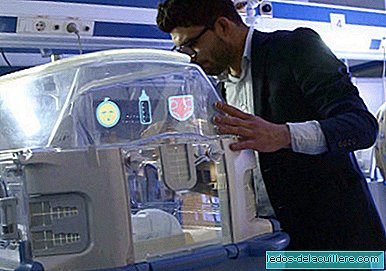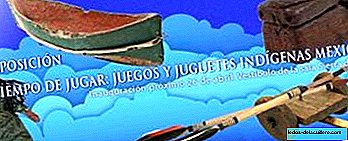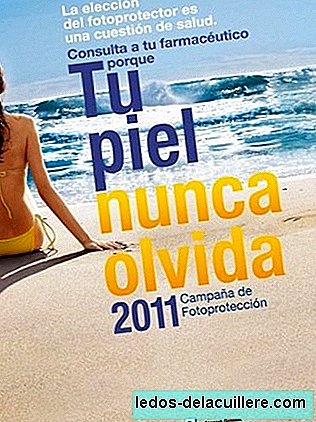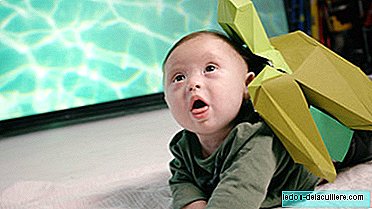
Most premature babies need special care after birth. The Neonatal Intensive Care Unit It is a highly complex unit of the La Moraleja University Hospital (Madrid). It assists babies born before term or very premature, and provides all the special care they may need. Of course, always keeping in mind the parents, who will have free access 24 hours a day.
What is a Neonatal ICU?
The Neonatal ICU is a pediatric unit that welcomes all those newborns before term from any gestational age, currently the viability limit (23 weeks and 400 grams of weight), according to the UCI Neonatal Level IIIB certification that it has.
It can address all complications that may occur, from the medical or surgical aspect. There is also a long-term follow-up of the premature newborn with specialized consultations in neonatology, late premature, twin gestations, neurosurgery, pulmonology, etc.
The premature baby in the Neonatal ICU
In the neonatal ICU The baby rests in an incubator. This is a plastic, transparent and closed crib that keeps it warm, so it is not necessary to wrap it in blankets. The baby will also wear a cap so that the head stays warm. The incubator reduces the risk of infections and controls humidity in the air to prevent the baby from losing water.
It is likely that there are tubes and cables connected to the baby. Although this image may scare the parents, it logically forms part of the necessary medical process: connected to monitors to verify breathing, heart rate, blood pressure and temperature at all times, or tubes that supply fluids, food, medications or extra oxygen, for example.

The bond with parents in the NICU
Although the premature baby is in a special crib, it is important that there is a physical contact between the child and his parents. That is, that his parents can touch him daily. To favor this emotional bond, the parents of the premature baby have 24 hour access to the Neonatal Intensive Care Unit of the La Moraleja University Hospital.
At first, they may only be able to caress the baby's skin through the incubator openings. But as the baby grows and gets better, they can hold him in his arms, cradle him, talk to him and even help him bathe him. Throughout the process of recovering the child, the parents will receive all the necessary support from the health personnel to take care of the baby during hospitalization. In this way the assistant staff will help them, for example, to take care of bottle feeding, diaper changes or to identify all those situations that are abnormal.
Mothers will also have all the necessary assistance for the breastfeeding promotion, since the mother's milk is the preferred food for premature babies because of its unique composition, its immunological properties and the presence of enzymes, hormones and growth factors.
Skin-to-skin contact, what is called "kangaroo care", will also foster the bond between the parents and the baby and will help in the recovery of the baby, since it favors thermoregulation, accelerates the metabolic adaptation of premature babies, facilitates breastfeeding, reduces hospital stay and apnea episodes and increases the confidence of mothers in the care of their children. In addition, skin-to-skin contact stimulates the memory of intrauterine experiences (the sound of the mother's heart, the continuous movement of the chest, the characteristics of the mother's voice), which soothe the baby.
Also, the medical team is responsible for training parents for continuation of home treatments (in the case that they had to be maintained after the hospital stay) and they will be responsible for their cardiopulmonary resuscitation education, if necessary.
It is normal for parents to feel fear when their baby is admitted to the Neonatal Intensive Care Unit. Knowing the medical team that treats your baby, becoming familiar with the ICU environment, knowing how each of your machines work and maintaining physical contact with the baby can help reduce nervousness and promote the development of premature babies.
This proximity, together with the UCI Neonatal Level IIIb certification (high complexity ICU that treats newborns within the limit of 23 weeks and 400 grams, hypoxic ischemic encephalopathy, major or minor malformations that require medical or surgical treatment, neurological alterations and neurosurgical, and prenatal and postnatal diagnosis of congenital heart disease), will comfort some parents who will not doubt that their children are in the best hands.
Find out more about La Moraleja University Hospital and all the services for your care and that of your baby by clicking here.

Images | iStock / Ondrooo / Andrei Malov / Steve Lovegrove / Pixelistanbul / Rufous52.












